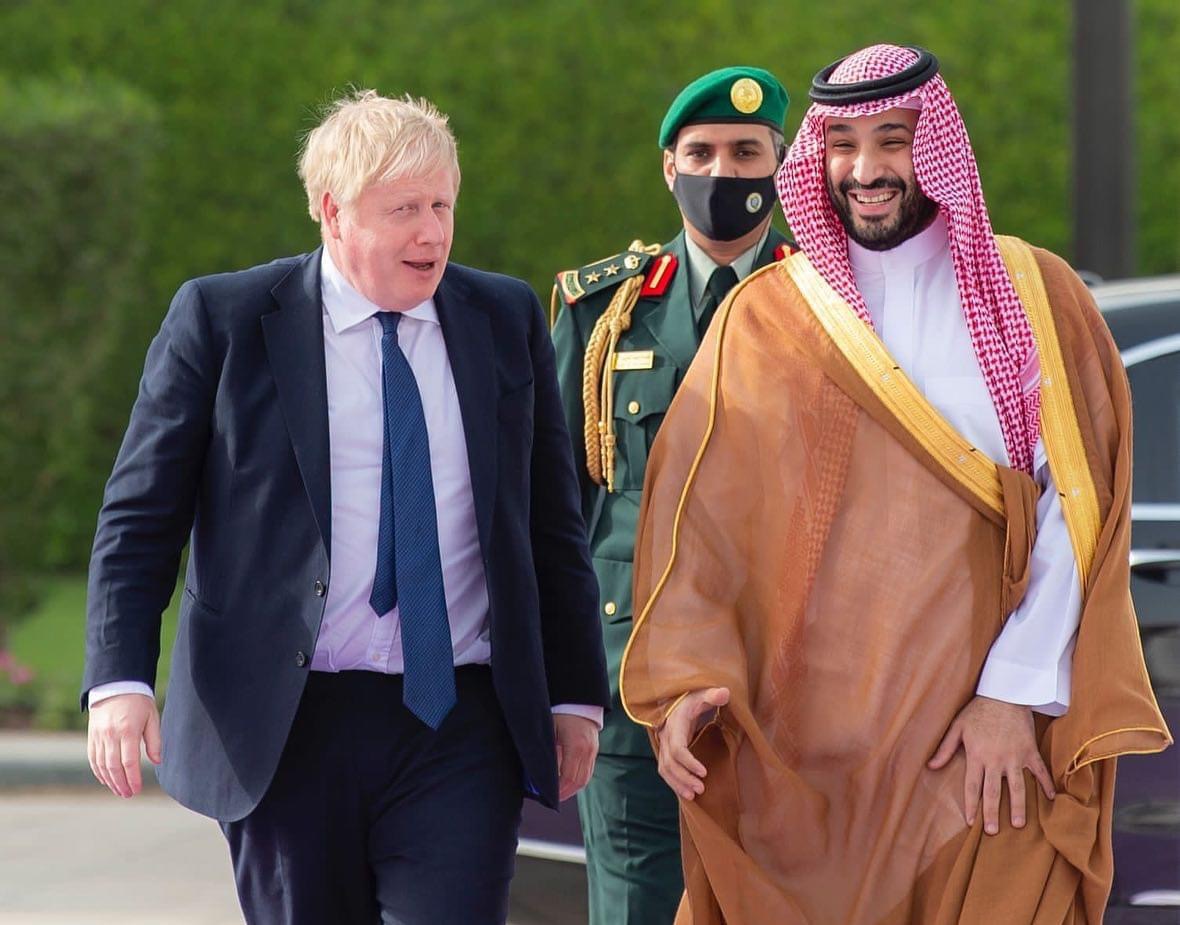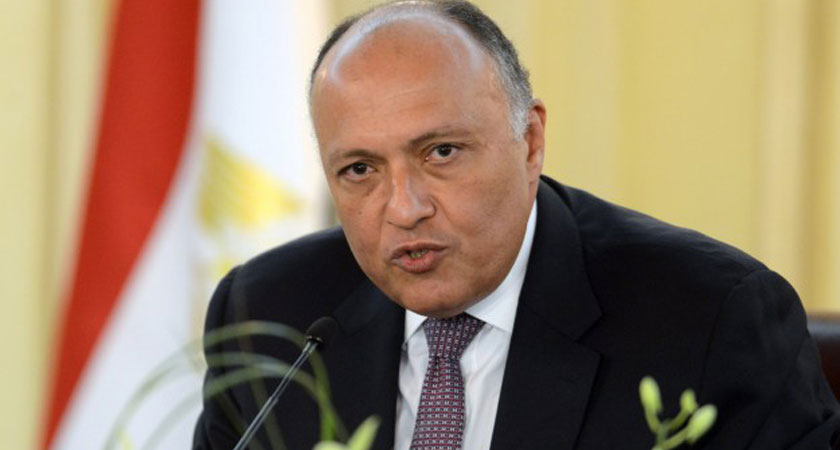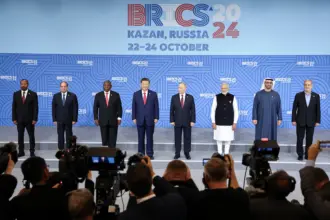CAIRO: Arab information ministers are drafting a lexicon that would spell out language terminology to be used by television networks and internet news sites in their countries, the Arab League said Thursday.
The ministers met in the Egyptian capital, Cairo, to work out a common media strategy for the 22-member League. The move is the latest in Arab efforts that critics see as an attempt to greatly reduce media freedoms.The meeting followed a February decision to establish a region-wide broadcasting charter.
A statement from the League said the ministers decided Thursday to set up a committee of experts who would write a “guide of media terminology for Arab causes to replace “false and defamed terms.
“Arab causes in Mideast political jargon refers to issues such as the Israeli-Palestinian conflict or anti-American stance in the region.
According to officials at the meeting, the committee will first review all political and other terminology now in use by TV networks in League countries. It will include experts in media, politics, linguistics, law, sociology, psychology and economy, the statement said.
The experts “will routinely review the terminology in order to drop false and defamed terms, the ministers’ statement added, without providing further details.
In February, the League agreed on an Egyptian-Saudi proposed Satellite Broadcast Charter – a package of tight guidelines for broadcasters that imposes severe penalties, including terminating the service for offenders.
At the time, independent journalists and rights groups said the charter was an obvious attempt to muzzle media and charged that Arab governments are attempting to curb the flow of information and block satellite channels.
Some of the ministers in Cairo on Thursday refused to sign a document obliging all Arab governments to implement the charter, which also gives member states the right to ban satellite channels that don’t meet requirements.
Qatar, home of the outspoken Al Jazeera network, objected to the document, as did the United Arab Emirates, which boasts a “free media city in Dubai.
Because there was no unity, the document was abandoned and instead, the League ministers agreed on a compromise, to ask League chief Amr Moussa to set up a “high commission for Arab media that will “ensure respect of the charter.
Egyptian minister of information, Anas El-Fiqi, told reporters that such a commission would reflect an agreement “in principles that all can abide by.
Egypt owns NileSat and Saudi Arabia hosts Arabsat, the region’s main government-owned satellites.
Egypt, which has spearheaded the move on the charter, has already cut off three channels, accusing them of broadcasting “inflammatory programs. They include Al Hiwar, a London-based network seen as sympathetic to Muslim fundamentalists.


